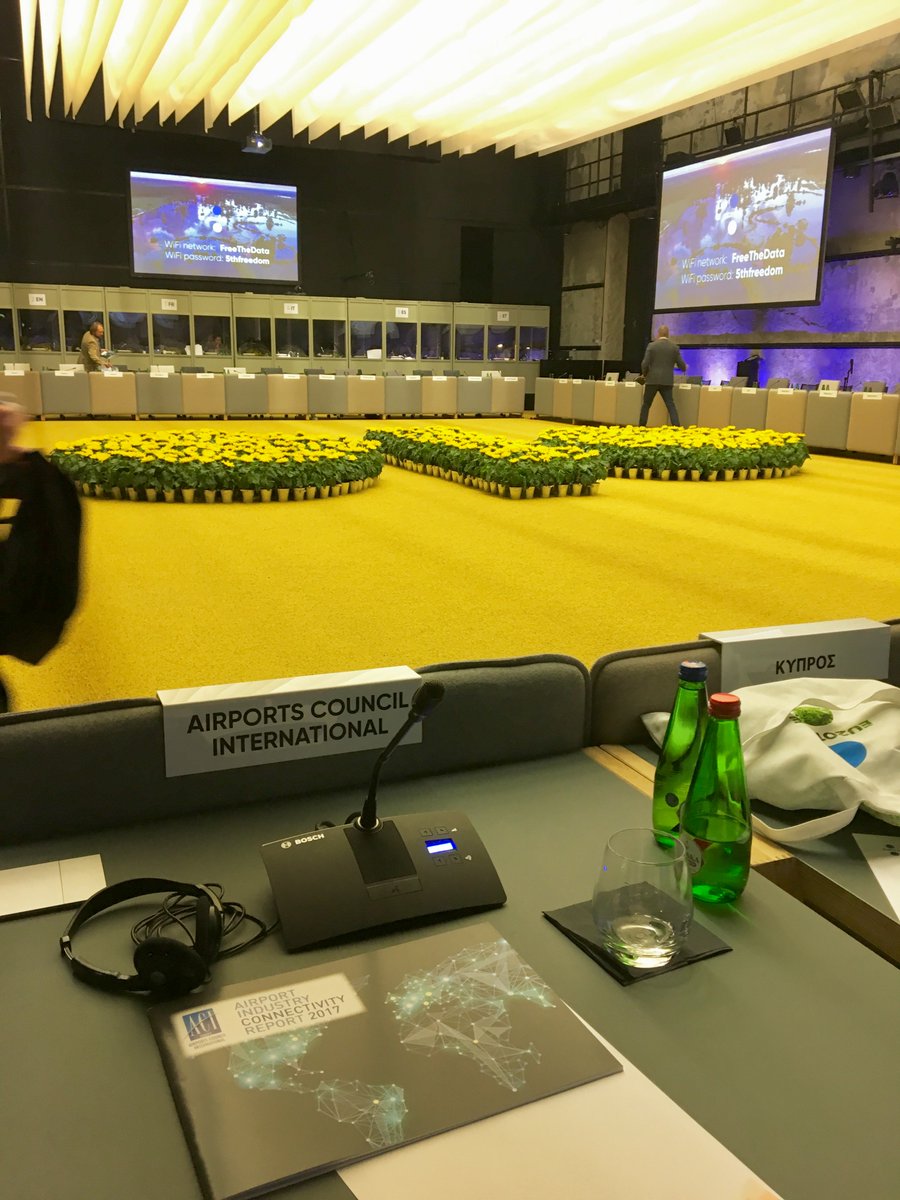
TALLINN - As the Connecting Europe Facility (CEF) conference takes place in Tallinn, under the Estonian Presidency of the European Union, European airport trade association, ACI Europeunderlined the importance of transport investment for Europe’s prosperity.
As one of the 30 organizations in the CEF transport coalition*, ACI Europe calls for more EU budget to be dedicated to transport.
Transport projects with a high societal return do not necessarily generate high financial return on investment, but the wider external benefits that occur bring a virtuous circle of economic growth and social cohesion – this is particularly true of airports. 47% of Europe's airports remain loss making and the airport industry is notorious for its capital intensity and high fixed costs (from infrastructure maintenance and regulatory driven safety and security requirements). Yet a well-run airport enables any region to be connected to the rest of the world, playing a vital role in attracting foreign direct investment. Proximity to an airport remains one of the top criteria considered by businesses when deciding on their location & development strategies.
Completing the Trans-European Transport Network (TEN-T) will provide Europe with a smart, overarching and climate-friendly infrastructure plan. Yet, demand for CEF funds exceeds on average 2.5 times the available resources. This means that the completion of the core TEN-T network is at risk and this will ultimately weigh on social inclusion and equality, if it is not resolved.
Olivier Jankovec, Director General ACI Europe commented “While ACI Europe joins the wider transport sector’s call for more EU budget for transport, we believe that there should also be a fairer allocation of the funds amongst different transport modes.”
Supporting the decarbonisation agenda
Decarbonisation – as advocated by the European Commission - is the only way forward to achieve a sustainable transport system. In this regard, the European airport industry is recognised as an example of collective engagement yielding concrete results. Through the Airport Carbon Accreditation programme, there are now 118 airports engaged in addressing their carbon emissions° - 28 of which are carbon neutral. In June of this year, ACI Europe announced that its members had committed to having 100 carbon neutral airports in Europe by 2030. However, the costs of investing in some technological solutions and processes remain very challenging - especially for smaller & regional airports. Crucially, CEF can also be a key source of funding to support their decarbonisation strategies.
Decarbonisation – as advocated by the European Commission - is the only way forward to achieve a sustainable transport system. In this regard, the European airport industry is recognised as an example of collective engagement yielding concrete results. Through the Airport Carbon Accreditation programme, there are now 118 airports engaged in addressing their carbon emissions° - 28 of which are carbon neutral. In June of this year, ACI Europe announced that its members had committed to having 100 carbon neutral airports in Europe by 2030. However, the costs of investing in some technological solutions and processes remain very challenging - especially for smaller & regional airports. Crucially, CEF can also be a key source of funding to support their decarbonisation strategies.
* Link to leaflet:
** A 10% increase in air connectivity yields a 0.5% increase in GDP.
° Results for the programme in Europe announced in June revealed a reduction of 155,259 tonnes CO2 achieved by European airports.